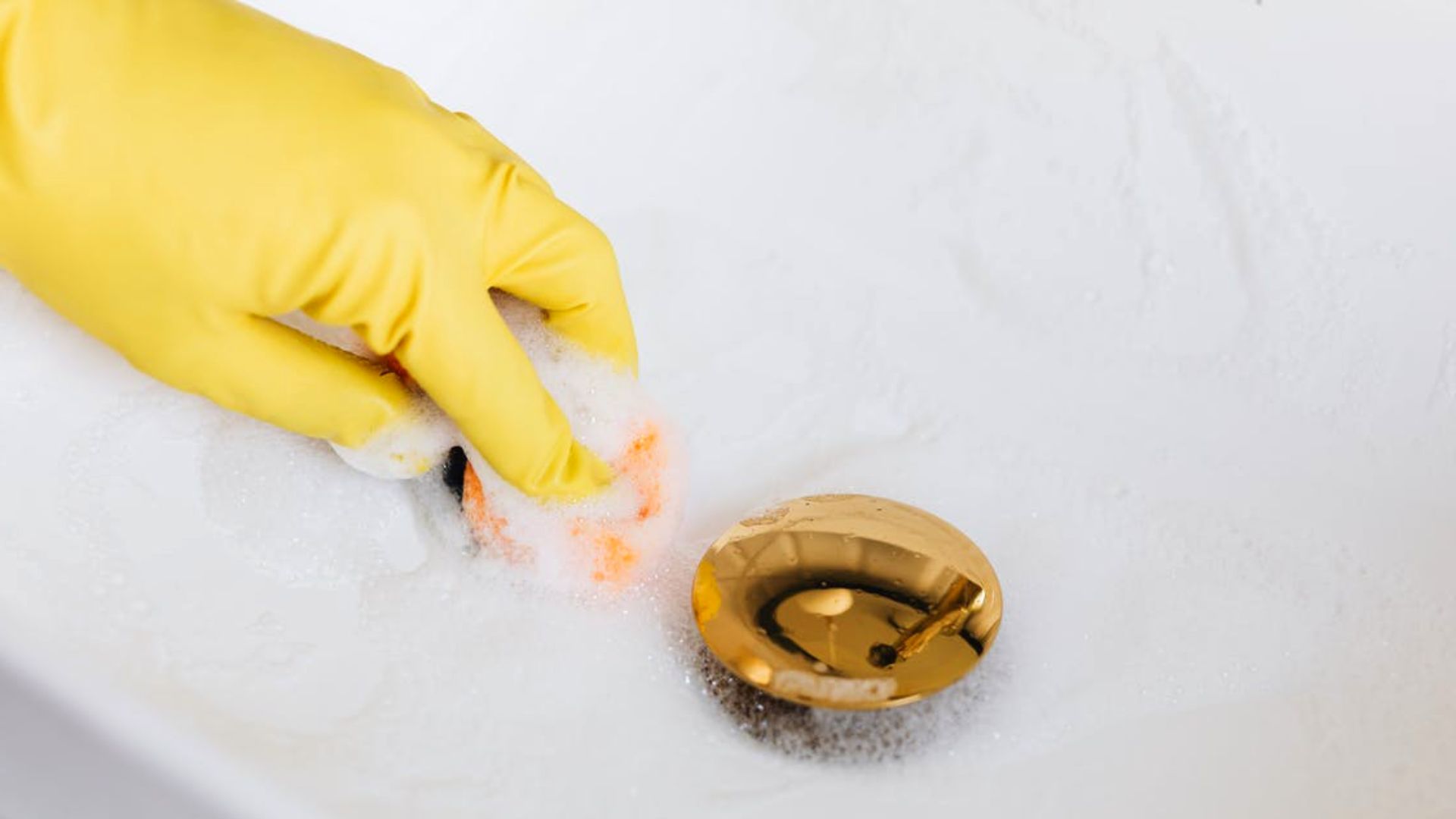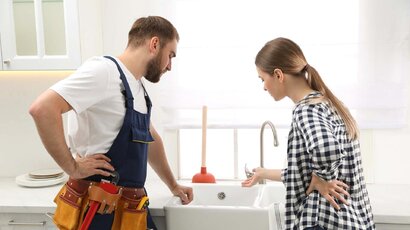Have you cleaned up a drain clog in your bathroom sink drains last week only to find a new one in its place?
If that’s the case, you are not alone. Clogged drains are among the most common plumbing issues that most of us have faced at one time or another. And, if they occur frequently, it can be quite annoying since cleaning up a drain clog can take considerable time, depending upon its cause.
The old maxim, prevention is better than cure, comes to mind in such cases. As the best plumbing experts in the industry will tell you, preventing the occurrence of a drain clog can be easier than dealing with the situation once it happens.
In this guide, we’ve explained some of the most effective methods by which you can prevent your drains from clogging up in the first place. So, let’s take a look.

Drains and pipelines that make up a house’s plumbing system are only designed to carry human waste and water. It means that besides these materials, other objects should not be allowed to fall into them, but this is easier said than done.
This is because, in many households, several types of materials are washed down the drain, especially those in the kitchen or bathroom. The most common are oils, fat and grease, which may be released during the cooking process or from the human body.
These materials can accumulate and build up in your drain over time, reducing the water flow by choking the pipes and leading to a clogged or slow drain. To avoid this, pay attention to what is being thrown down the drain. You can use mason jars or empty office cans to dispose of used oils or grease and prevent them from entering the drain.
Additionally, you can use a drain cover with a filter to provide extra protection to the pipe, but make sure to clean it regularly.
Some Common Items Responsible For Clogged Drains
These are some of the most common materials that cause drain clogs and should not be allowed to flow down the drain.
Another highly effective method to prevent clogged drains is to flush your drain pipes regularly using boiling hot water. It will help break down the materials that may have built up in the pipes and are causing an obstruction, allowing the water to flow freely down the pipes.
However, you should not use this method with PVC pipes as they can be easily damaged by boiling hot water. In such cases, use warm water instead.
Cleaning your drain pipes once a week can be very helpful in preventing clogged drains from occurring. This process does not require tools and can be easily completed using household items like white vinegar, baking soda and warm water. Regular drain cleaning will help you save money and avoid many hassles in the long run.
To clean your drain, pour half a cup of baking soda and white vinegar of the same amount into the drain. After this, plug the drain immediately and leave it for approximately one hour. The soda will react chemically with the vinegar and break down the blockage in the pipes.
Finally, pour some boiling water down the drain to wash away the materials.
While there are several DIY methods for unblocking drains, be careful when using them, as some of them can make the situation worse. For instance, one method uses Coca-Cola, but its phosphoric acid can damage your pipes.
Some safe methods that you can employ include:

This method involves mixing half a cup of salt with a similar amount of baking soda and pouring the mixture down the clogged drain. Leave the mixture for about 30 minutes, then wash it away with boiling or hot water.
Pour half a cup of baking soda and half a cup of lemon juice down your blocked drain. Plug the drain and leave it for about an hour, then flush it using boiling water.
Getting your drains cleaned professionally at least once a year is an important step in preventing frequent drain clogs. While you can use various DIY methods, these are only effective to a certain extent. Hiring professional drain cleaning services can help your pipes stay clean for a long time and reduce clogging.
The first step that professional drain cleaning services take is to conduct a video inspection of the pipes. For this purpose, plumbers use CCTV drain cameras to check footage of the pipe interiors and search for damage or clogs.
Then, a plumber’s snake is used to clear the materials built up in the pipes, removing the clog and ensuring the water flows properly through them.
Proper drain maintenance is not very complicated and will hardly take much time or effort but can go a long way in preventing drain clogs. However, ensure that you use the methods suitable for your plumbing system, as employing the wrong methods can do more damage than good.
Similarly, when hiring professionals to get your drains unclogged, opt for those that are properly licensed and well-trained. This will ensure that the job is done in the best possible manner with minimum risks. So, if you need a Melbourne plumber, contact us at Precision Electrical & Plumbing!
{{author:bio}}
Find them on their website: Precision Electrical & Plumbing, Facebook and LinkedIn.
Find out if your drains are potentially in danger from tree roots. Our plumbing services help prevent and ensure tree roots don’t damage your drains.
Read MoreAre you concerned that your bathroom or kitchen sink drain may be clogged? Here are some of the most likely reasons for blockages in your drain and how to prevent them.
Read MoreKeep your family and home safe from electrical accidents. Read about these safety tips from registered electricians that you can easily do at home.
Read More


